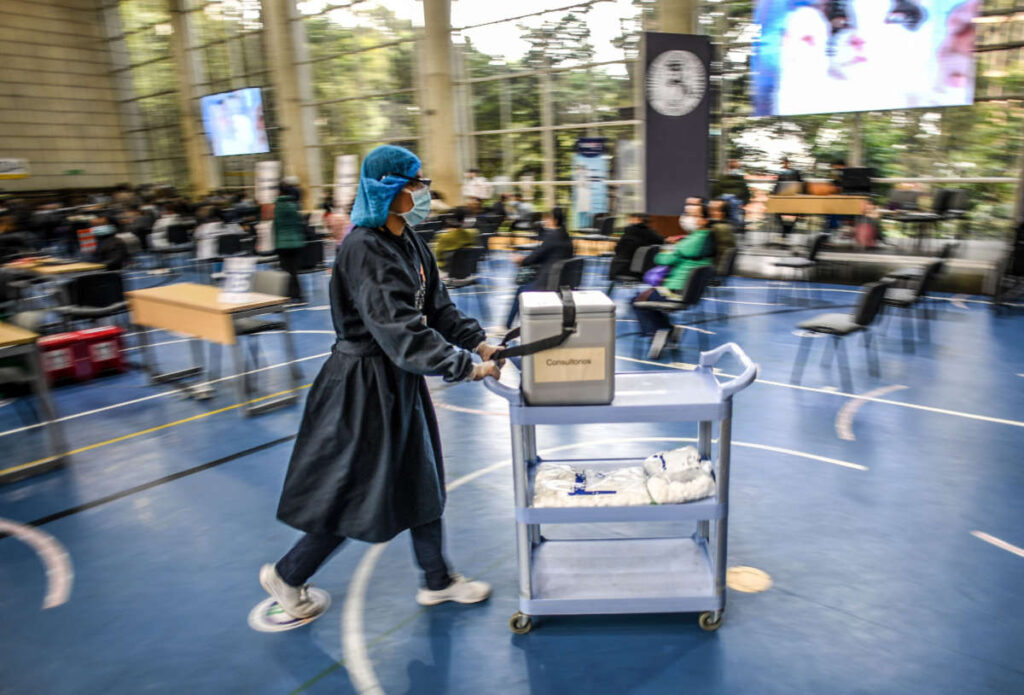Leaders of 23 countries and the World Health Organisation have backed an idea to create an international treaty that would help the world deal with future health emergencies like the coronavirus pandemic now ravaging the globe.
The idea of such a treaty, which would ensure universal and equitable access to vaccines, medicines and diagnostics for pandemics, was first floated by the chairman of European Union leaders, Charles Michel, at a G20 summit in November.
On Tuesday it got the formal backing of the leaders of Fiji, Portugal, Romania, Britain, Rwanda, Kenya, France, Germany, Greece, Korea, Chile, Costa Rica, Albania, South Africa, Trinidad and Tobago, the Netherlands, Tunisia, Senegal, Spain, Norway, Serbia, Indonesia, Ukraine and the WHO.

“There will be other pandemics and other major health emergencies. No single government or multilateral agency can address this threat alone,” the leaders wrote in a joint opinion article in major newspapers.
“We believe that nations should work together towards a new international treaty for pandemic preparedness and response,” they said.
In January, an independent inquiry into the WHO’s actions during the start of the pandemic, led by former New Zealand prime minister Helen Clark, concluded the existing global alert system for pandemics “is not fit for purpose”.
“The World Health Organisation has been under powered to do the job,” the inquiry report said.
It also found that most countries did not act on warnings about early cases and did not share information fast enough when cases emerged.
The main goal of the treaty would be to strengthen the world’s resilience to future pandemics through better alert systems, data sharing, research and the production and distribution of vaccines, medicines, diagnostics and personal protective equipment, they said.
*Source: Reuters, Kathimerini

